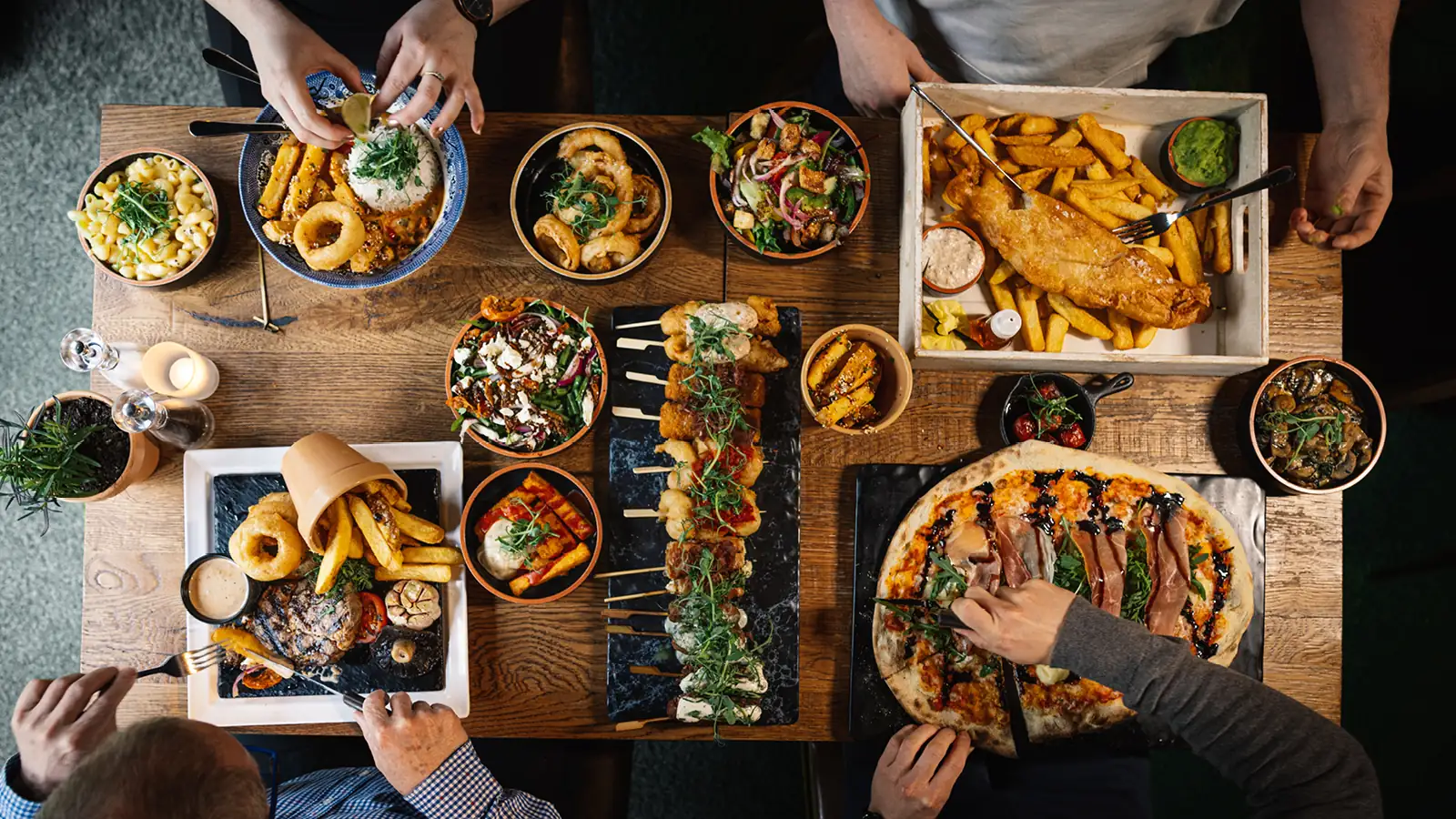
How Does the Increase in National Insurance Affect You?
In April 2025, changes to National Insurance contributions (NICs) came into force, and businesses across the UK are now adapting to the impact. With employer contributions rising, many companies are facing higher staffing costs, and employees have also seen differences in their payslips. Understanding these changes is essential, particularly for sectors like hospitality, where labour costs already account for a large proportion of outgoings.
In this article:
- Understanding the increase in national insurance
- How are employers affected by the change?
- How is the hospitality industry affected?
- How Birchall Foodservice supports hospitality
- Plan ahead with Birchall Foodservice
Understanding the increase in national insurance
The increase in National Insurance contributions was one of the most significant measures announced in the 2024 Autumn Budget. For employers, it has directly raised staffing costs and influenced how businesses approach the 2025-26 tax year. Employees have also seen the changes reflected in their take-home pay, making it vital to understand what NICs are and how the increase now affects them.
What is national insurance?
National Insurance is a tax paid by employees, employers and the self-employed to fund key state benefits, including the State Pension, statutory sick pay and maternity/paternity pay. Employees start paying once they earn above a set threshold, while employers contribute for staff whose earnings are above the secondary threshold.
How much has national insurance increased?
Since April 2025, employers’ National Insurance contributions have risen from 13.8% to 15%, creating a noticeable increase in payroll budgets. For example, on a £30,000 annual salary, an employer’s contribution has risen from around £3,450 to £3,750.
Employee contributions have also changed. The threshold at which employees start paying was reduced from £9,100 to £5,000, meaning more workers are now liable for deductions, and for staff on a lower rate of pay, this has already resulted in smaller take-home pay packets.
Combined, these changes have left businesses facing higher costs per employee, while individuals are adjusting their household budgets to account for increased deductions.
How are employers affected by the change?
Unsurprisingly, employers are bearing the brunt of the increased costs. With NICs now at 15%, every salary above the secondary threshold adds extra liability.
For larger organisations, this totals millions in additional contributions. For small businesses, the increase is particularly difficult to absorb, given the tighter profit margins many are already operating under.
Adding to this extra pressure, the changes came at the same time as an increase in the National Minimum Wage, which has pushed payroll costs higher still, forcing some businesses to review staffing levels, delay recruitment or raise prices to balance the books.
How can employers adapt?
Employers are finding different ways to mitigate the impact with initiatives like salary sacrifice schemes (such as pension contributions or cycle-to-work programmes) remaining one of the most effective methods in reducing NICs liability. Others are focusing on operational efficiency, i.e. rethinking shift patterns or renegotiating supplier contracts to control overheads.
For many businesses, the focus in summer 2025 has shifted towards long-term planning, in the form of seeking professional advice, reviewing cost structures and adopting efficiency measures that help them manage these changes without reducing the quality of service.
How is the hospitality industry affected?
The hospitality sector has been among the hardest hit by the rise in employer National Insurance contributions. With restaurants, cafés, pubs and hotels relying heavily on labour, and with many staff on variable hours and lower wages, the rise to 15% for employers – combined with the new £5,000 threshold for employees – has increased financial pressure across the industry.
For larger hospitality groups, the rise has meant significant increases in payroll expenditure, while for smaller, independent operators, the effect has been even more immediate, with some already reducing staff hours or raising menu prices to offset costs. The challenge is balancing the need to stay competitive while ensuring staff are paid fairly and feel motivated.
How Birchall Foodservice supports hospitality
While labour costs are rising, hospitality businesses can turn to Birchall Foodservice to manage other areas of their operation more efficiently. With an extensive range of competitively priced products for restaurants, cafés, pubs and hotels, Birchall helps operators maintain menu quality while keeping costs under control.
Through hospitality food supplies and tailored training events, we provide practical support that helps venues manage budgets effectively. By working with a trusted wholesale partner, operators can find purchasing efficiencies and smarter menu planning, helping to balance the rising cost of staffing.
Plan ahead with Birchall Foodservice
The increase in National Insurance contributions has been in place since April 2025, and businesses are already feeling its impact, but with careful planning and the right supplier partnerships, they can help reduce the pressure. Find out how Birchall Foodservice can support your catering operation with quality, cost-effective supplies. Call us on 01282 429446 or get in touch via our contact form.





